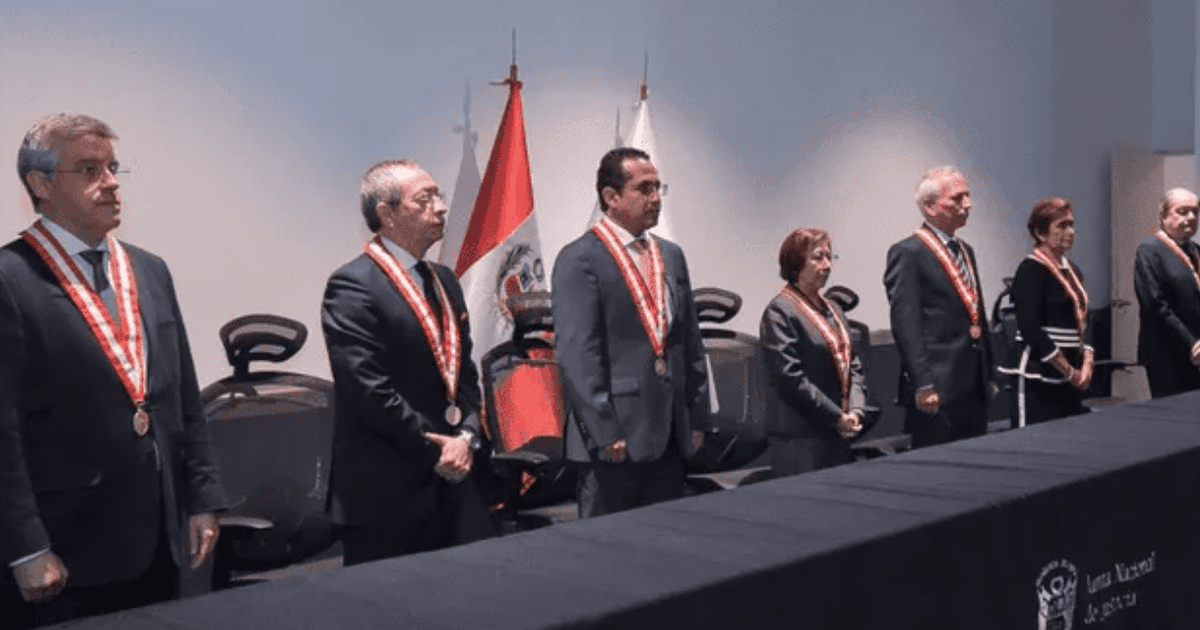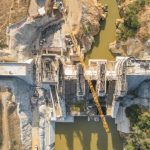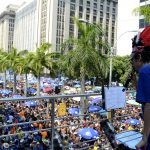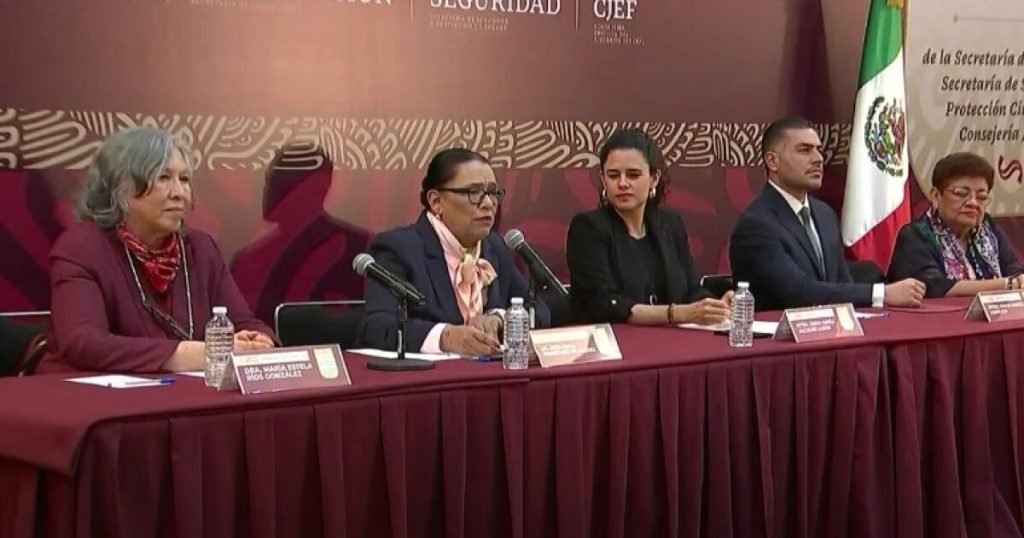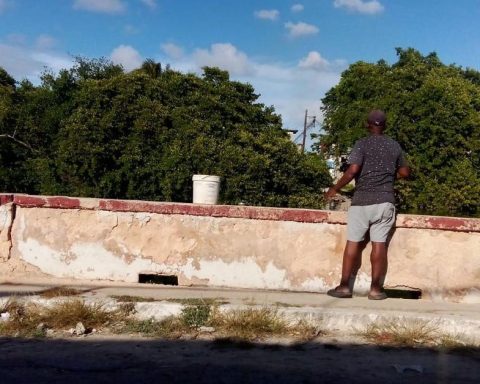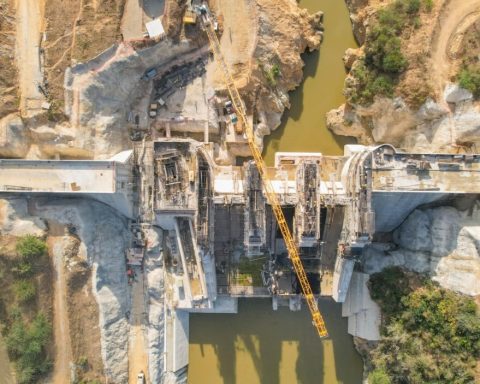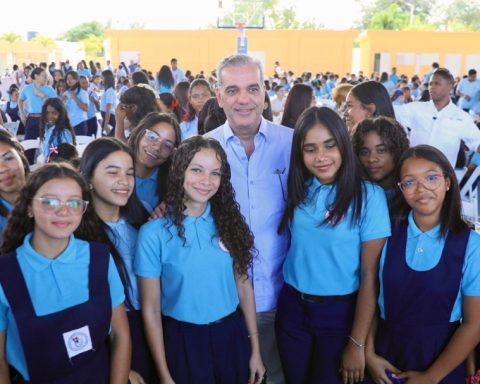A total of 62 civil society organizations requested the special commission that evaluates the new members of the National Board of Justice that a new competition be called. According to the information accessed by La República, they maintain that, in the process, there is a lack of transparency on the part of the members of the committee of experts that prepared the examination of the contest.
“In light of the irreparable absences that have occurred so far regarding the transparency and publicity of the process and the impossibility of citizen participation, it is decided to call a new selection process that takes into account the above,” the document says.
Likewise, they ask that the warnings issued by the International Observer Mission be evaluated and that the objections filed against the 15 candidates still in the race be made public.
“The impossibility of the International Observation Mission on the National Board of Justice of Peru (MIO-Peru) being able to meet with the Special Commission chaired by the Ombudsman to provide it with its contributions on the selection process, has preceded the nomination of candidates who do not publicly have the ideal profile for the position,” they stated.
“That the objections that have been presented regarding the 15 candidates still in the race be published as a matter of urgency, as well as the defenses of the candidacies and the reasoned decision of the special commission,” they added.
Irregularities in the JNJ process
The selection of the new members of the National Board of Justice (JNJ) continues in process. After the knowledge exam carried out on August 25 to the 51 registered applicants, only 23 managed to pass the test. After the curricular examination and reconsiderations, only 15 candidates remain in competition.
An investigation by OjoPúblico revealed that several members of the committee of experts appointed by the ESAN University to prepare the knowledge exam do not meet the appropriate profile in the field to be evaluated. Three of the six members of the committee are 2022 law graduates, two of them without a university degree and one who recently supported his thesis.
In addition, the commission included an economic engineer from the National Fisheries Development Fund (Fondepes) and two lawyers from the University of Lima, specialized in labor and business law, areas other than those required for the exam. The notary who validated the process, Alejandro Rodríguez Cruzado, is linked to the Cócteles case and has provided services to Fuerza Popular in previous electoral campaigns.
The exam was to cover topics such as human rights, constitutional, criminal, civil and administrative law, both nationally and internationally. However, the committee members do not meet the requirements established in the contest rules.
The lack of transparency in the selection process was pointed out by the International Observation Mission of the JNJ election process. So far, the Special Commission has not provided information about the formation of the expert committee, but OjoPúblico has revealed these details after accessing the information.
In summary, the suitability of the members of the committee of experts in charge of preparing the knowledge exam for the election of the JNJ has been questioned due to the lack of experience and compliance with the established requirements.
